Psychology Assignment Help
Let’s be real—psychology isn’t just reading about Freud and scribblin notes on behavior patterns. It’s deep, heavy stuff. You’re dealin with theories that poke into the human mind, assignments that expect perfect APA citations, and essays that need you to connect with topics like trauma, cognition, and motivation. It’s not just science, it’s emotions too.
Your One-Stop Solution for Psychology Assignments
including research, writing, editing, and topic guidance—all in one place.
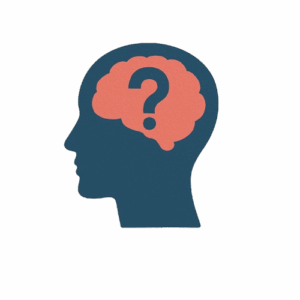
Abnormal Psychology
Get expert help with Abnormal Psychology assignments, including case studies, disorder analysis, and DSM-5-based research, all tailored to academic standards.
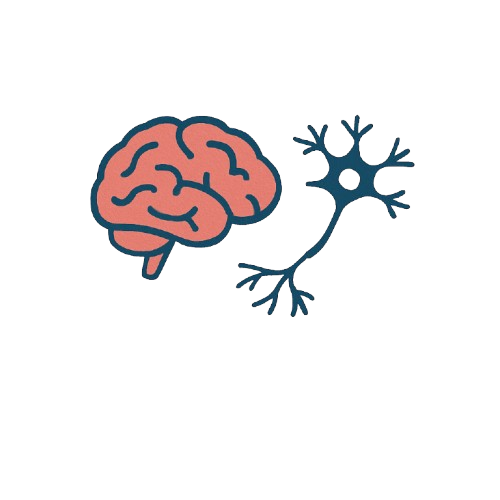
Biopsychology
Receive professional assistance in Biopsychology assignments, covering brain-behavior relationships, neural mechanisms, and cognitive functions with academic precision.
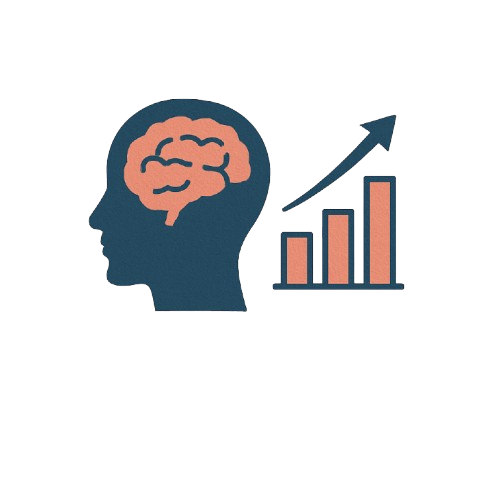
Business Psychology
Get expert support in Business Psychology assignments, including workplace behavior, employee motivation, and organizational development insights.
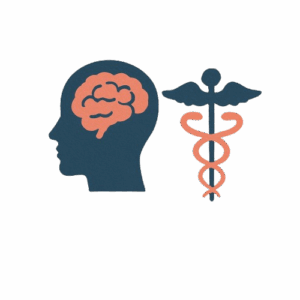
Clinical Psychology
Expert help with Clinical Psychology assignments, focusing on mental health assessment, therapeutic approaches, and real-world case analysis.
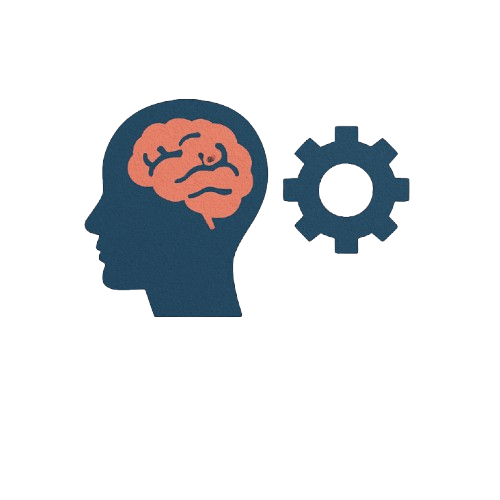
Cognitive Psychology
Unlock the science of the mind with tailored Cognitive Psychology assignment help—covering everything from neural pathways to thought patterns.
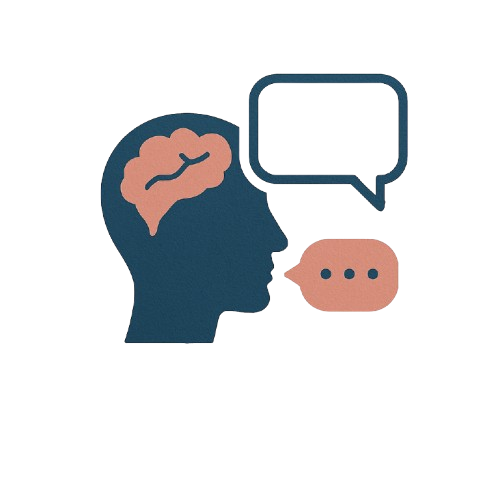
Counselling Psychology
Compassionate and expert support for Counselling Psychology assignments, focusing on therapeutic techniques, client-centered approaches, and mental health strategies.
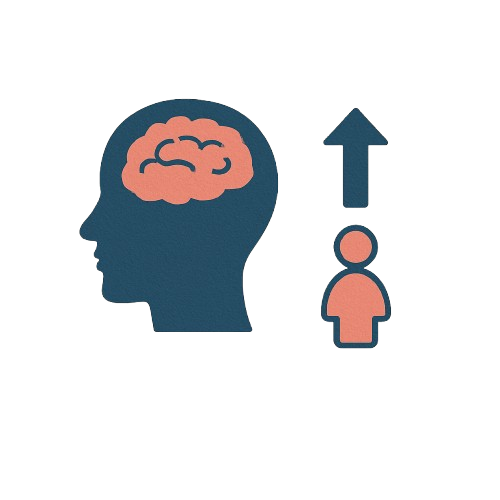
Developmental Psychology
Get specialized help with Developmental Psychology assignments exploring human growth, emotional milestones, and behavioral changes across the lifespan.
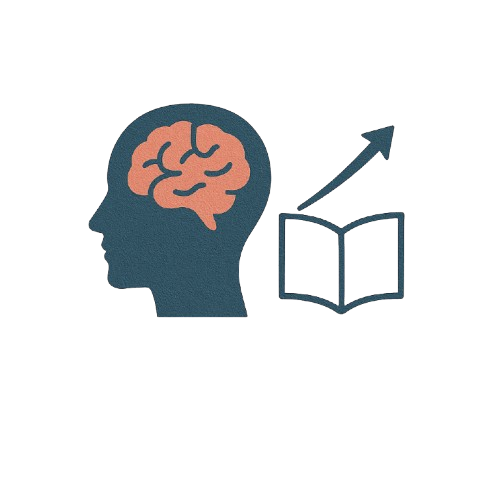
Educational Psychology
Master your Educational Psychology assignments with expert guidance on cognitive development, learning processes, and effective teaching methods.
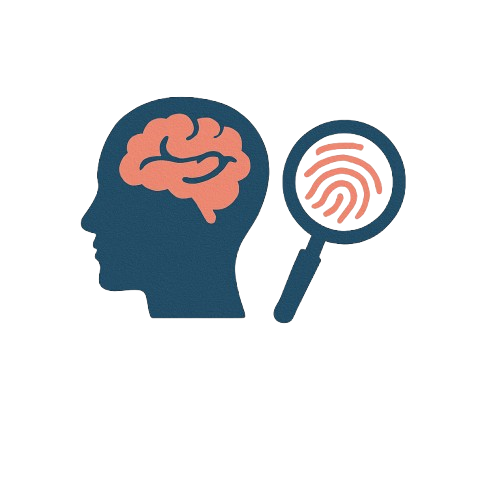
Forensic Psychology
Get professional help with Forensic Psychology assignments covering criminal behavior, legal evaluations, and psychological profiling with academic accuracy.
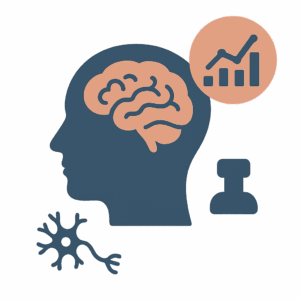
Neuropsychology
Receive expert assistance in Neuropsychology assignments focused on brain function, cognitive disorders, and neurological assessments.
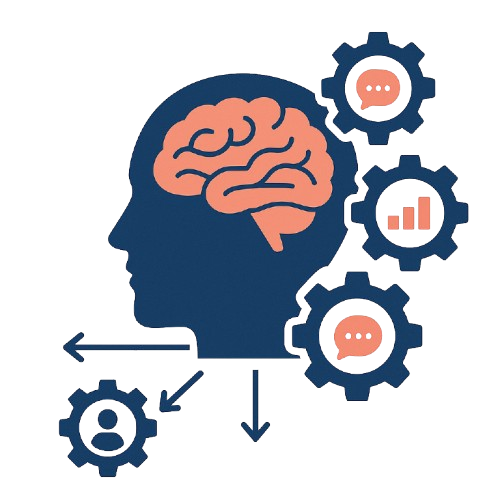
Organisational Psychology
Get top-quality help with Organisational Psychology assignments, including workplace dynamics, leadership behavior, and employee well-being strategies.
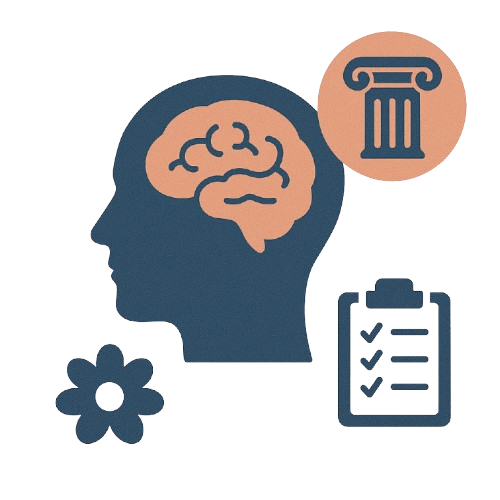
Psychology
Comprehensive support for Psychology assignments across all branches—delivered by experts to ensure clarity, accuracy, and academic success.

Psychometric & Quantitative
Ace your Psychometric and Quantitative Psychology tasks with expert help in psychological testing, measurement theories, and advanced statistical methods.
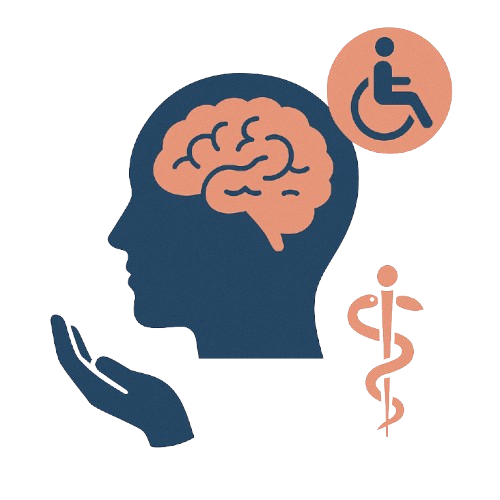
Rehabilitation Psychology
Expert help with Rehabilitation Psychology assignments, covering patient care, cognitive recovery, and strategies for psychological adaptation and resilience.
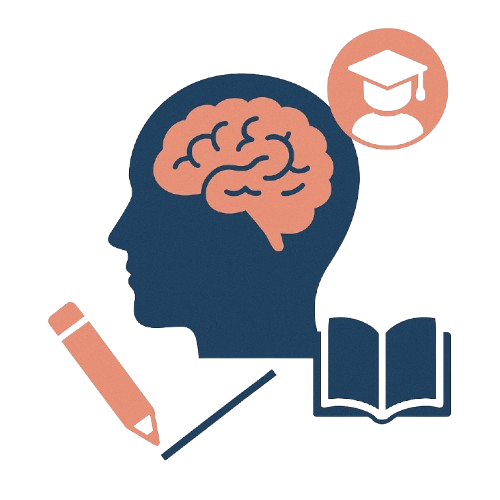
School Psychology
Get professional help with School Psychology assignments, including child development, learning difficulties, and effective school-based interventions.
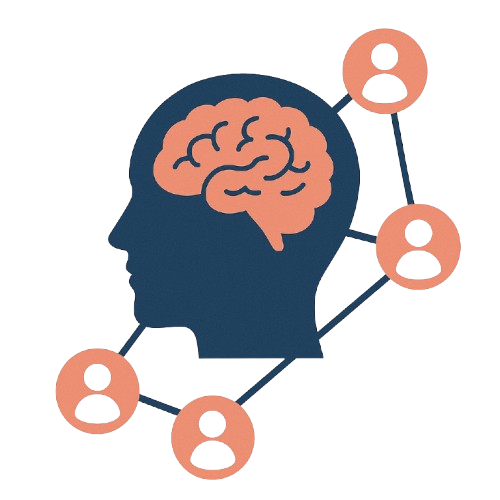
Social Psychology
Expert guidance for Social Psychology assignments covering group behavior, social influence, attitudes, and interpersonal relationships.
Get Psychology Homework Done
So what happens when life throws too much at you at once? Deadlines, part-time work, family drama—or honestly, Abnormal Psychology just plain burnout. That’s where psychology assignment help can step in like a quiet lifesaver. You’re not being lazy, you’re being smart enough to know when you need support.
Affordable Psychology Assignment Help
Whether it’s a case study you don’t understand, Biopsychology or a research proposal that’s giving you a migrane, reaching out for help can change everything. And it ain’t about cheating. It’s about learnin through collaboration, getting expert insights, and submitting work that actually makes sense.
Our psychology assignment help offers:
- Custom, plagiarism-free writing by people who actually know what they’re doing
- Help with formatting, Business Psychology citations, and even tricky stats bits (SPSS, anyone?)
- Fast delivery (because sometimes you just forgot it was due tomorrow—happens to the best of us!)
Comprehensive Psychology Assignment Assistance
We know how personal psychology studies can get. It’s not just a subject. It’s real life. So we treat your assignment with the care it deserves, like it was our own.
Don’t stress yourself into a spiral. Sometimes, Clinical Psychology outsourcing isn’t giving up—it’s just smart project management. Whether it’s your first year or you’re knee-deep in your final thesis, we’ve got your back.
Ready to stop panicking and start breathing easier? Let’s get your psychology work sorted. Fast, easy, and confidential.

Pay Someone To Do My Psychology Assignment
Feeling overwhelmed with your psychology assignments? Trust me, you ain’t alone. There’s a whole bunch of students out there scratching their heads, staring at complex theories about Freud, behaviorism, Cognitive Psychology cognition and more. Let’s be real – juggling classes, part-time jobs, and personal life is already a task. Adding lengthy psych assignments on top? It’s like throwing salt in the wound.
Now, here’s the thing. If you’ve ever found yourself whispering, Can I pay someone to do my psychology assignment?, the answer is yes – and it’s actually more common than you’d think. Lots of students hire expert help, not cause they’re lazy, but cause they just wanna get things done right, Counselling Psychology and on time. Sometimes it’s just about survival, not just GPA.
We get it – you want work that ain’t just copy-pasted junk. You want someone who actually gets psychology – from biopsychology to clinical studies, Developmental Psychology to cognitive theories and case analysis. Someone who can write with real understanding and make it sound smart (but not like a robot wrote it).
Our team of writers have years of experiance (yup, real spelling slip there – told you we’re human!) helping students just like you. They’re trained, Educational Psychology they’re fast, and they’re confidential. No one’s gonna know you didn’t write it yourself, and we respect your privacy more than a therapist respects patient secrets.
Look, no judgements here. If you’re stuck and stressing, paying someone to do your psychology assignment ain’t a crime – it’s just smart delegation. So go ahead, Neuropsychology save your sanity. Let us help you turn that dread into a done-deal.
Reach out now, and get your assignment handled the right way.
Psychology Homework Help
Homework in psychology aint no joke. It’s not just fillin blanks or writing down textbook definitions. It’s deep, complex, Forensic Psychology and often emotionally loaded. You gotta analyze behaviors, dive into theories, understand case studies, and still make sure your citations are spot-on. It’s enough to drive anyone a lil nuts, let’s be honest.

Maybe you’re taking intro psych, or maybe it’s your final year and your assignments are heavier than ever. Either way, we get it. Between part-time jobs, back-to-back lectures, and your own personal stuff—you can’t always do it all. That’s where School Psychology can seriously save your grades (and your sanity).
We offer customized assistance on all kinds of psych topics, like:
- Personality theories (Jung and Freud were wild, huh?)
- Cognitive behavior models
- Abnormal psych and mental health stuff
- Statistics & research (because SPSS is NOT everyone’s best friend)
- APA citations (yep, even the annoying in-text ones)
The best part? No generic copy-paste crap. Everything’s written fresh, just for you. We listen to what your homework needs, how your professor likes it done, Rehabilitation Psychology and then boom—we deliver it back, just like that.
Worried about it being wrong? Nah. We work with real pros who actually get psychology. You can even talk to the writer if you want, ask questions or tweak stuff.
So if you’ve got an assignment due tomorrow, Abnormal Psychology or you’re just lost in the middle of it—don’t stress. We’ve been there. And we’re here to help you through it, no judgement, no pressure.
Let us handle your psychology homework while you catch your breath. Simple, confidential, and always on time.

Hire Someone To Take My Psychology Assignment
Let’s face it, psychology assignments can get tricky real quick. One minute you’re reading about Freud’s theories, Psychology and next you’re swimming in a sea of research papers, citations and endless analysis. And if you’re juggling classes, maybe even a job or personal stuff (life happens, right?), it’s easy to feel overwhelmed.
Tailored Psychology Assignment Writing
So, what do you do when your deadline is starring you in the face and your brain just wont cooperate? You look for someone reliable to take over and help you get the job done! That’s where hiring someone to do your psychology assignment makes total sense.
We’re not just talking about copying stuff off the internet. Nope. Real experts, Organisational Psychology people who actually know the ins-and-outs of psychology – behaviorism, cognitive theory, abnormal psych – the works. They can write, edit, cite, and polish your paper while you focus on things that need your attention more urgently.
Advanced Psychology Academic Solutions
And here’s the thing; it’s not about being lazy. It’s about working smart. Delegating when you must. If you hire a professional, you’re actually investing in a better GPA, a lil less stress, and some breathing space too.
Plus, with the right help, you can be sure your work won’t be flagged or feel generic. It’s written with care, Psychometric & Quantitative often tailored to match your tone (so it doesn’t look like a robot wrote it). It’s like having a secret weapon in your backpocket.
Professional Guidance for Psychology Papers
So if you’re stuck, or just don’t want to risk your grade, hiring someone for your Social Psychology assignment might be the smartest move you make this semester. Just be sure to pick a trusted service with reviews, good communication and fair prices. Trust me, it saves a lotta heartburn!
Need help? We got your back. Connect now and let us handle your assignment with the care and quality it deservs.
Team Member
You will Introduce our Expert Team
Meet our expert team—skilled, experienced, and dedicated to delivering top-quality solutions for your success.
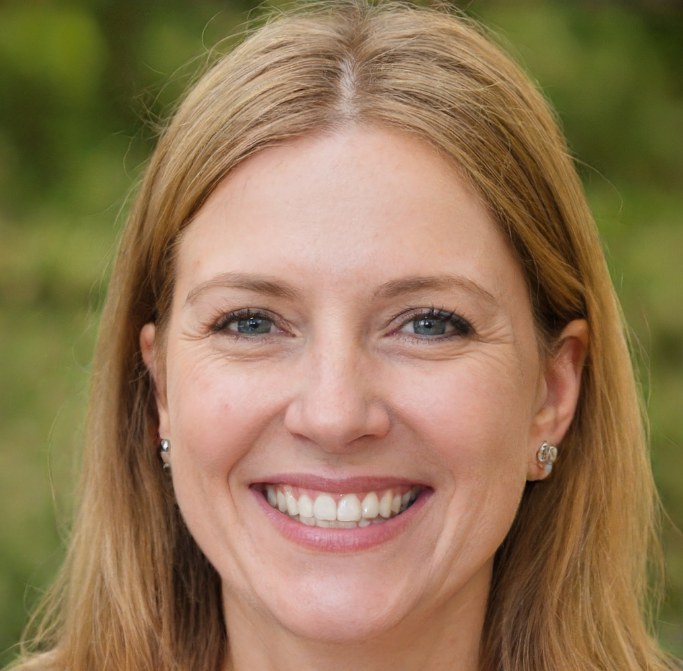
Mary Woods
Developmental Psychology
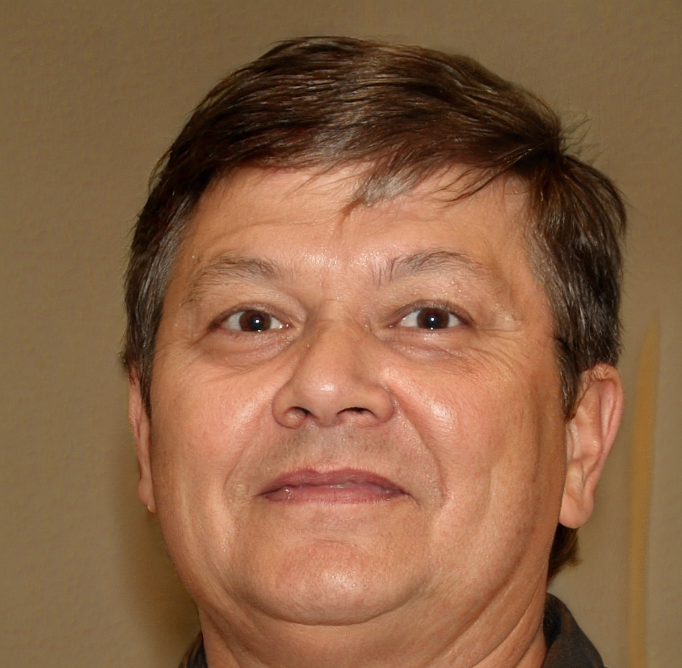
John Bosarge
Business
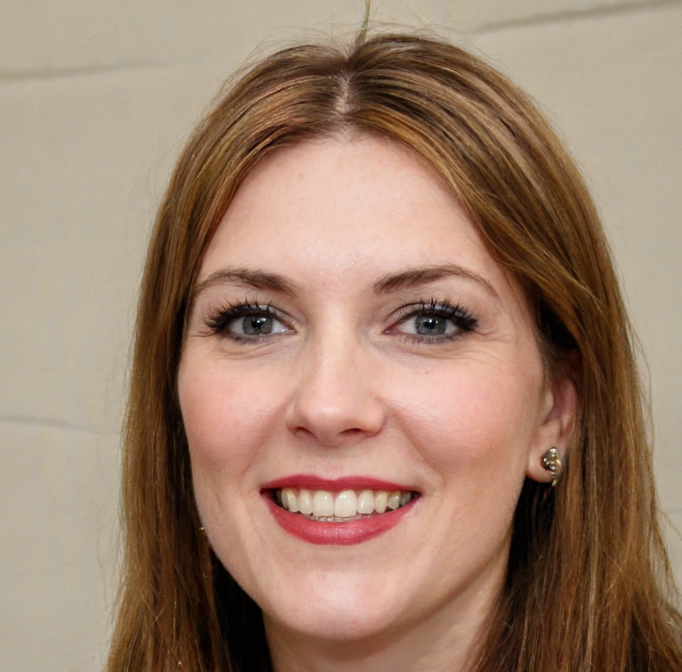
Leigh Ludwig
School Psychology

Jack Benson
Clinical
What our clients say
Testimonials

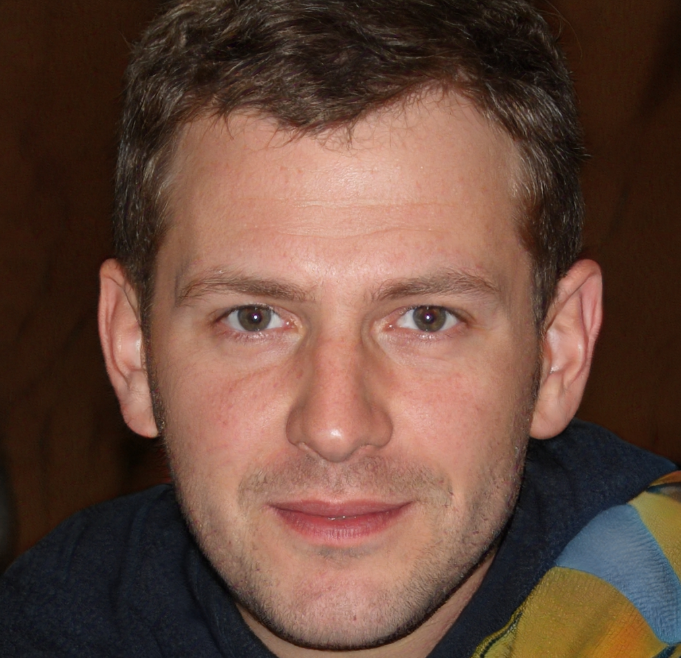
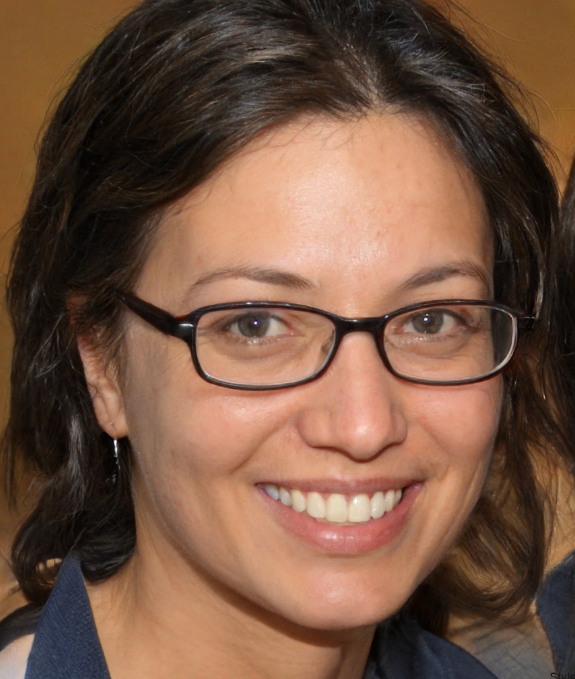

Our News
Featured Articles

Your Cognitive Psychology Guide
Dive deep into the workings of the human mind with expert support in Cognitive Psychology. From memory to problem-solving, get clear, reliable help for every assignment.

Ace Forensic Psychology
Your Ace Forensic Psychology delivers expert assignment help in criminal profiling, legal psychology, and courtroom behavior analysis.
Get accurate, timely, and research-backed support tailored to your academic needs.

Master Social Psychology with Expert Help
Dive deep into topics like social influence, group dynamics, and interpersonal behavior with tailored academic support.
Our experts ensure your Social Psychology assignments are clear, insightful, and submission-ready.

